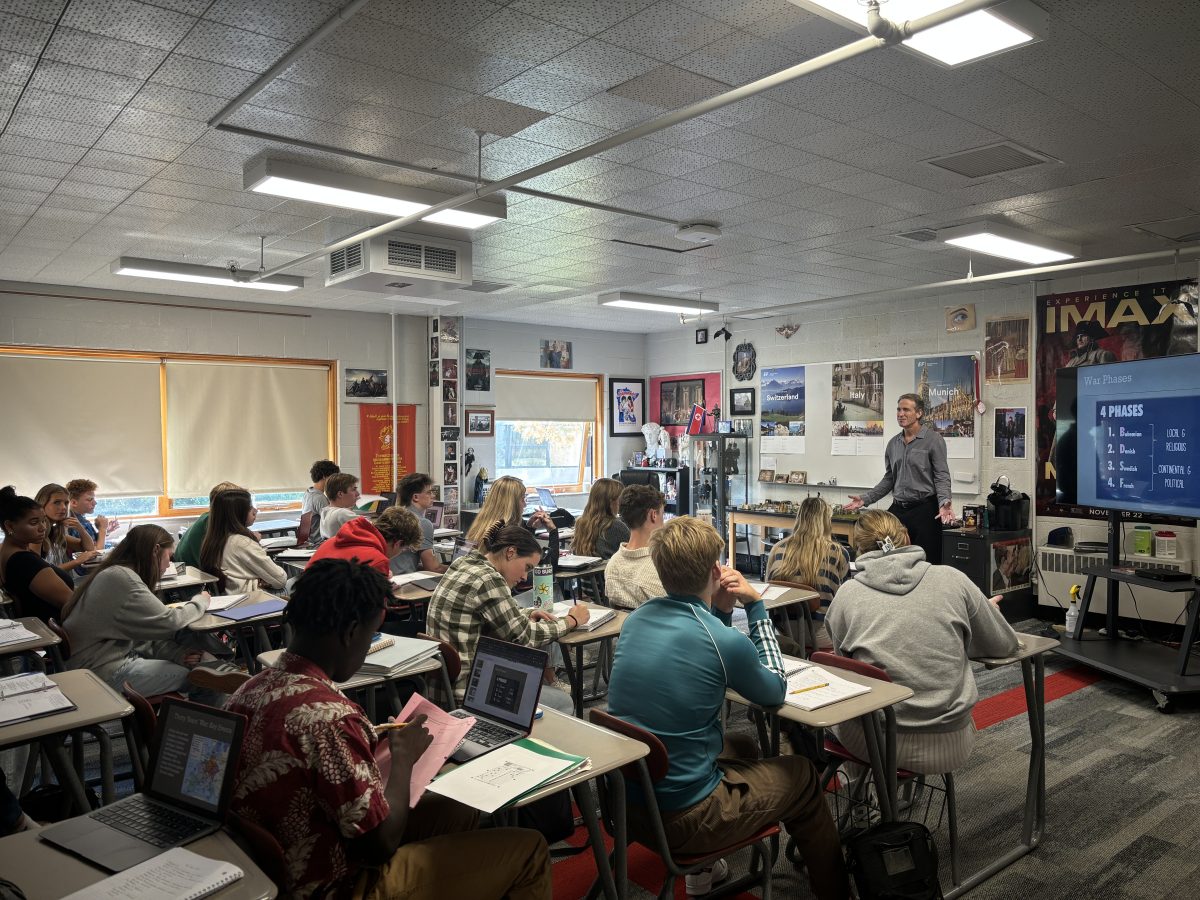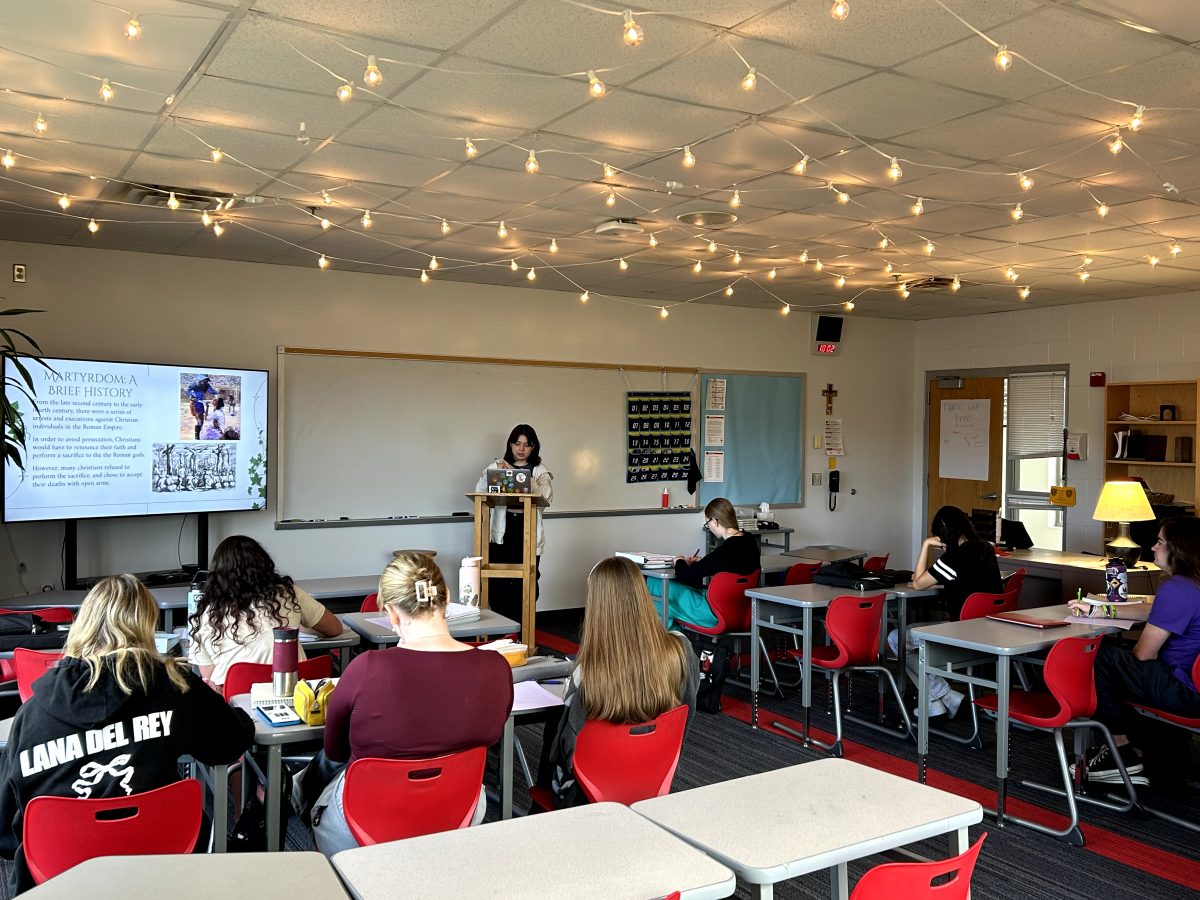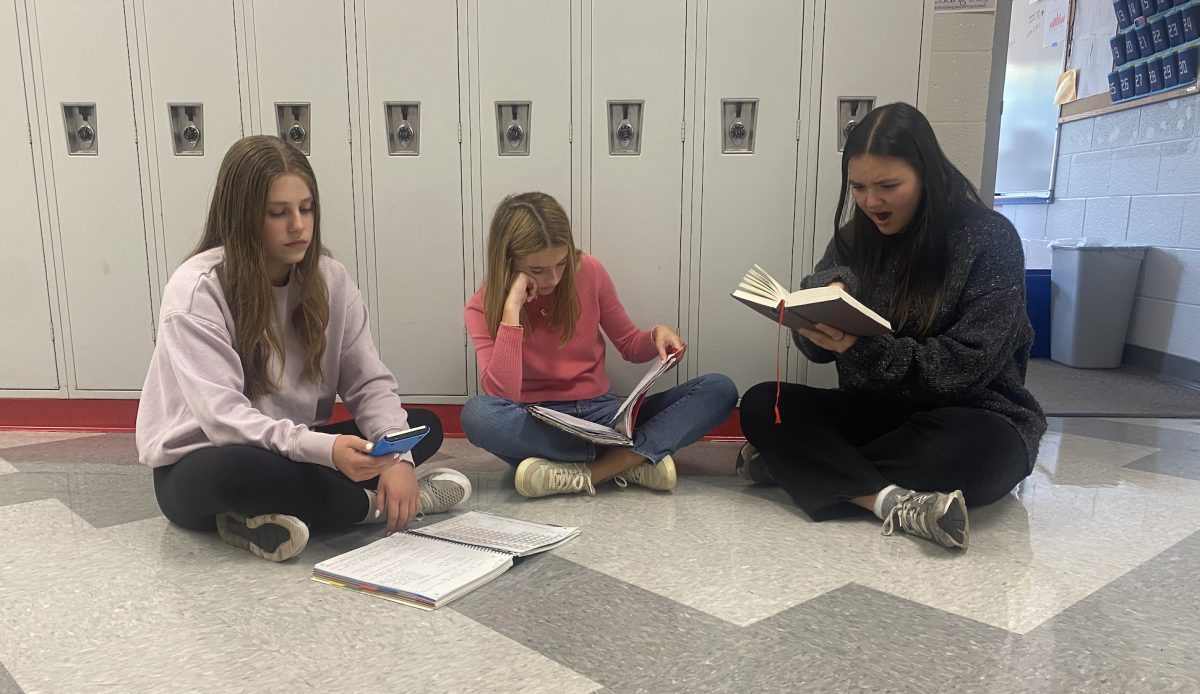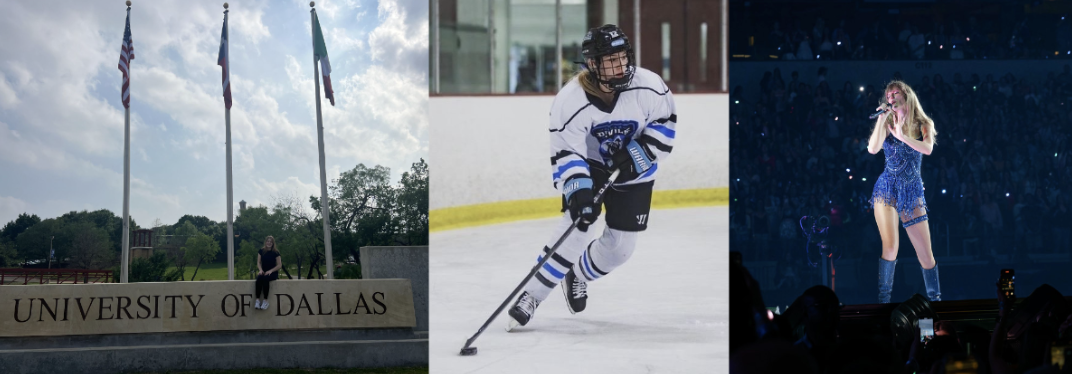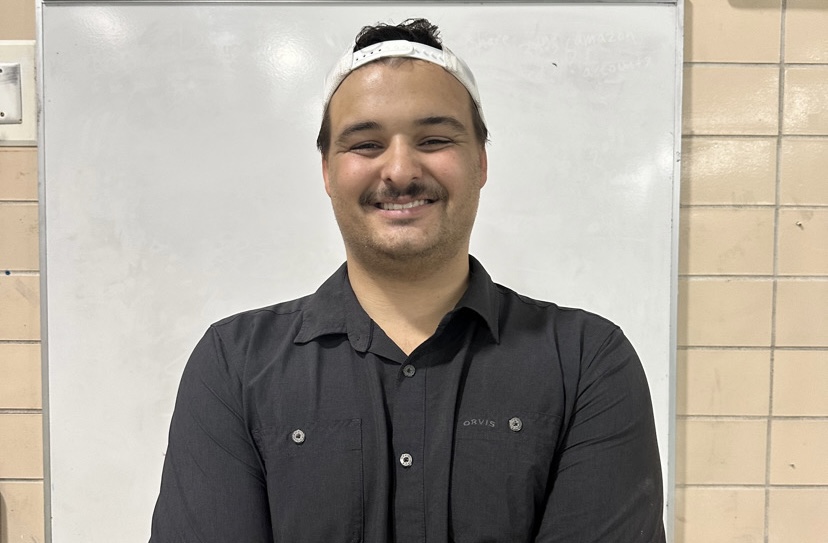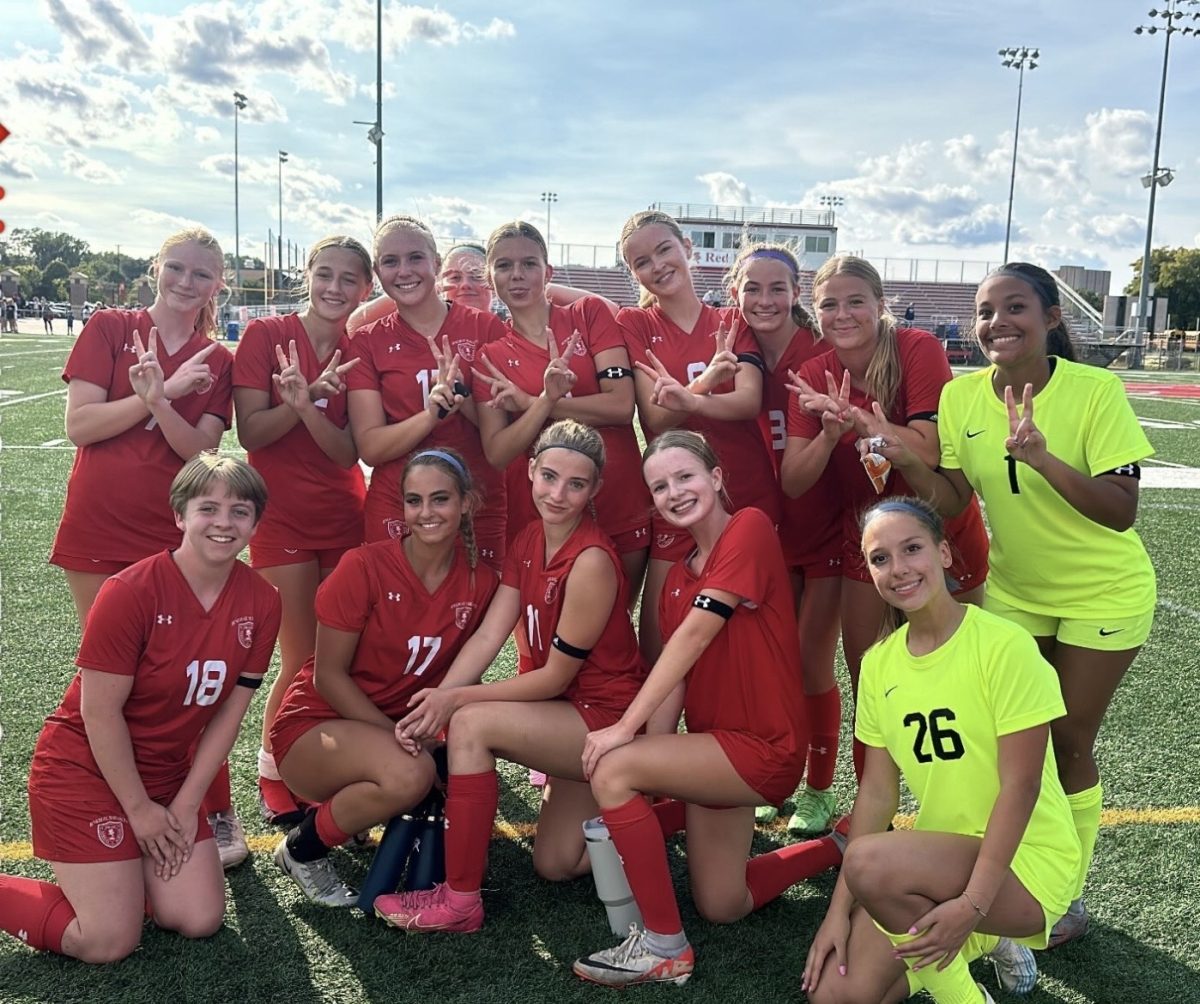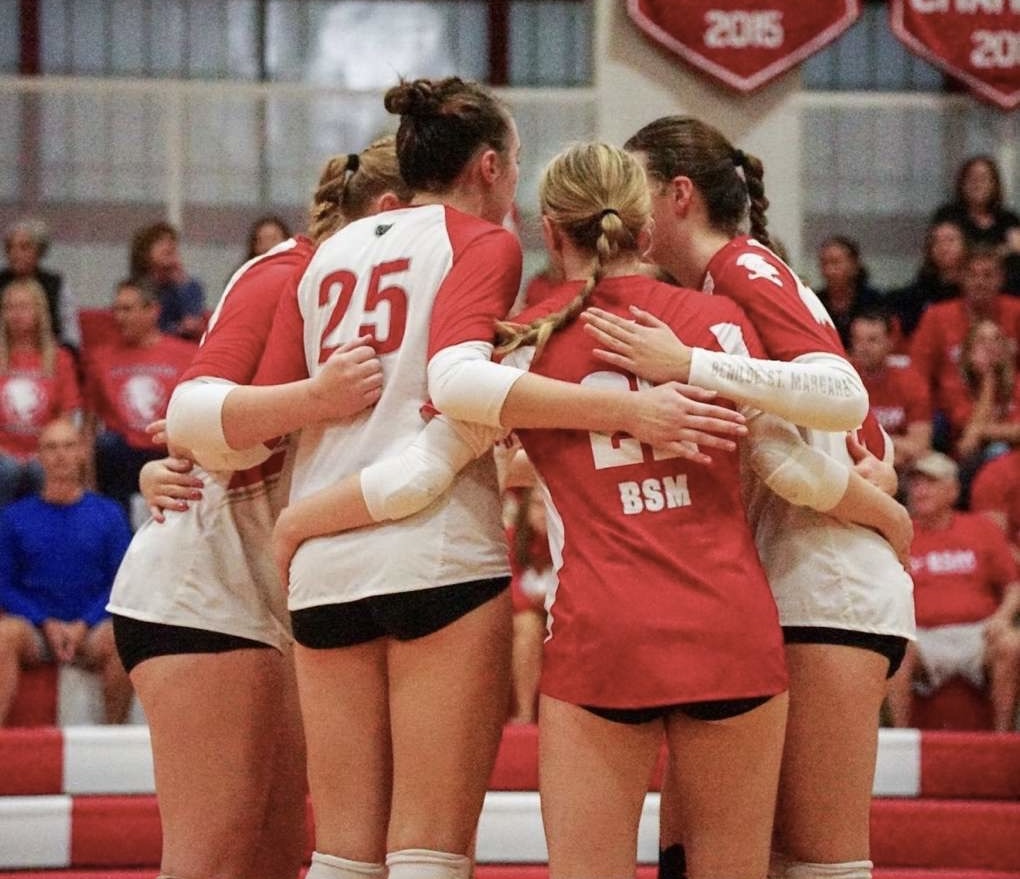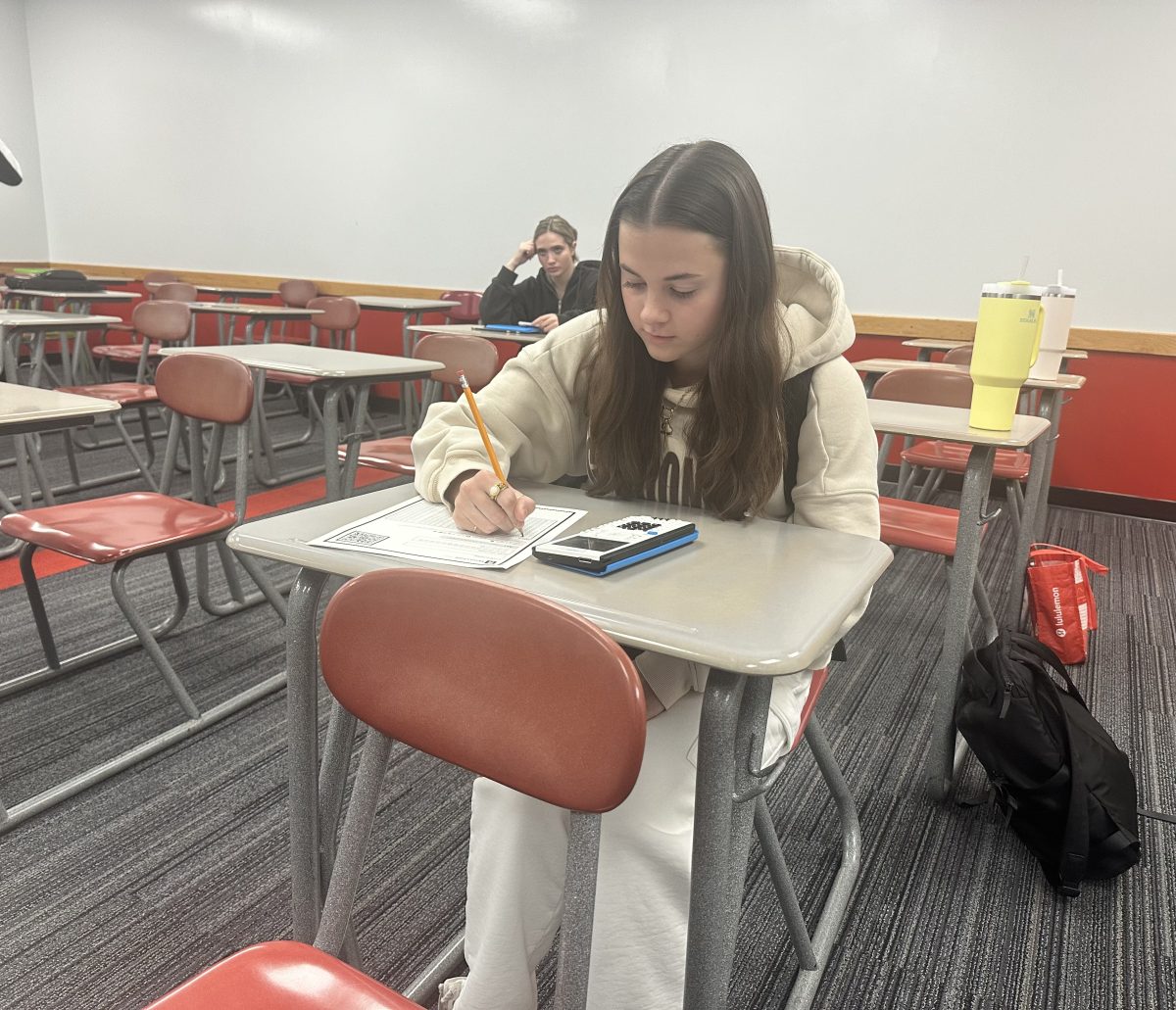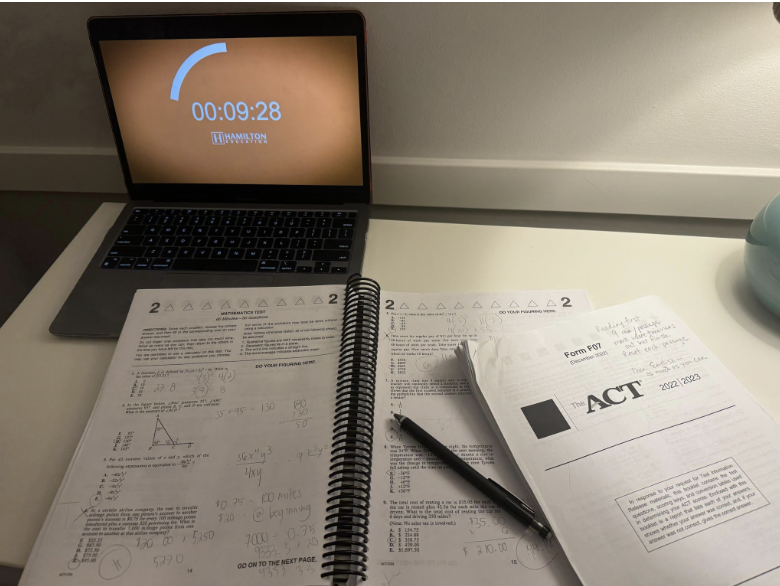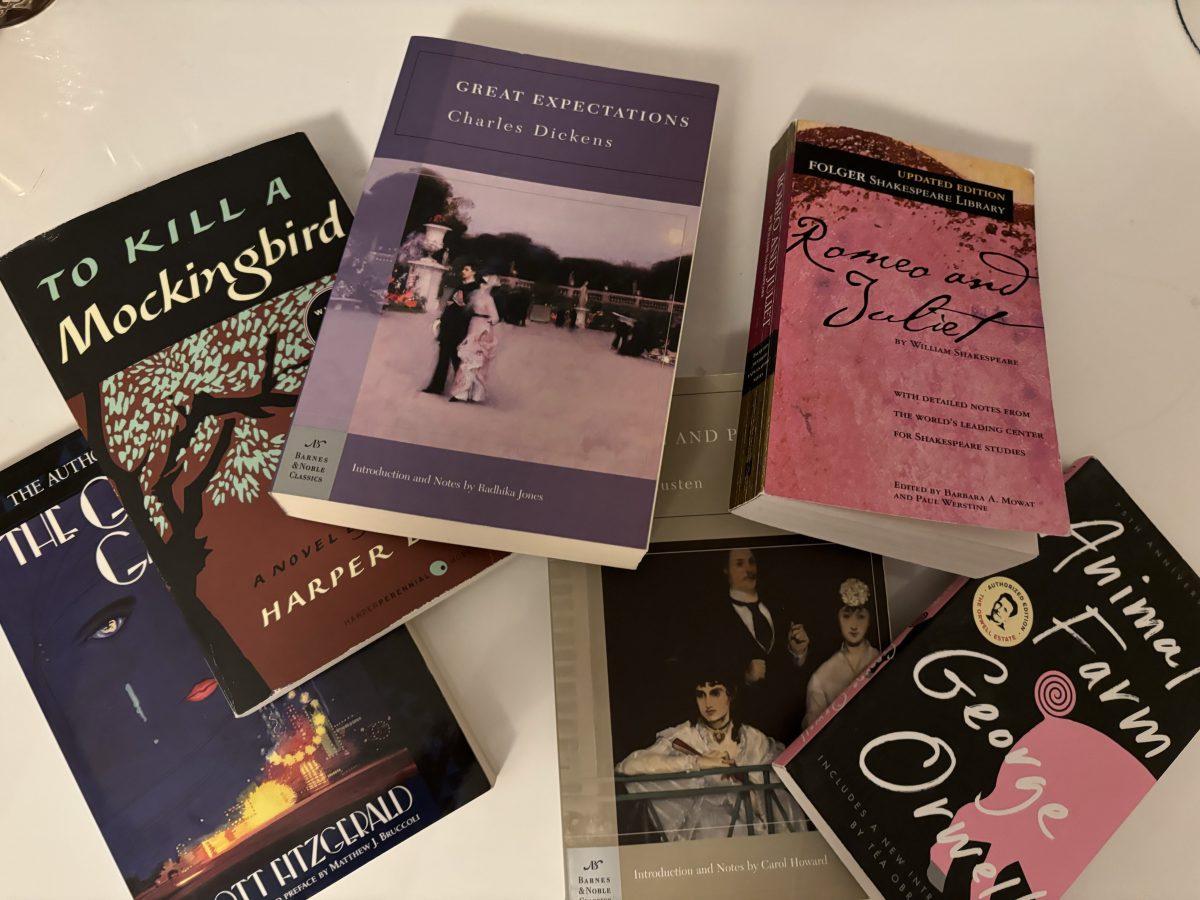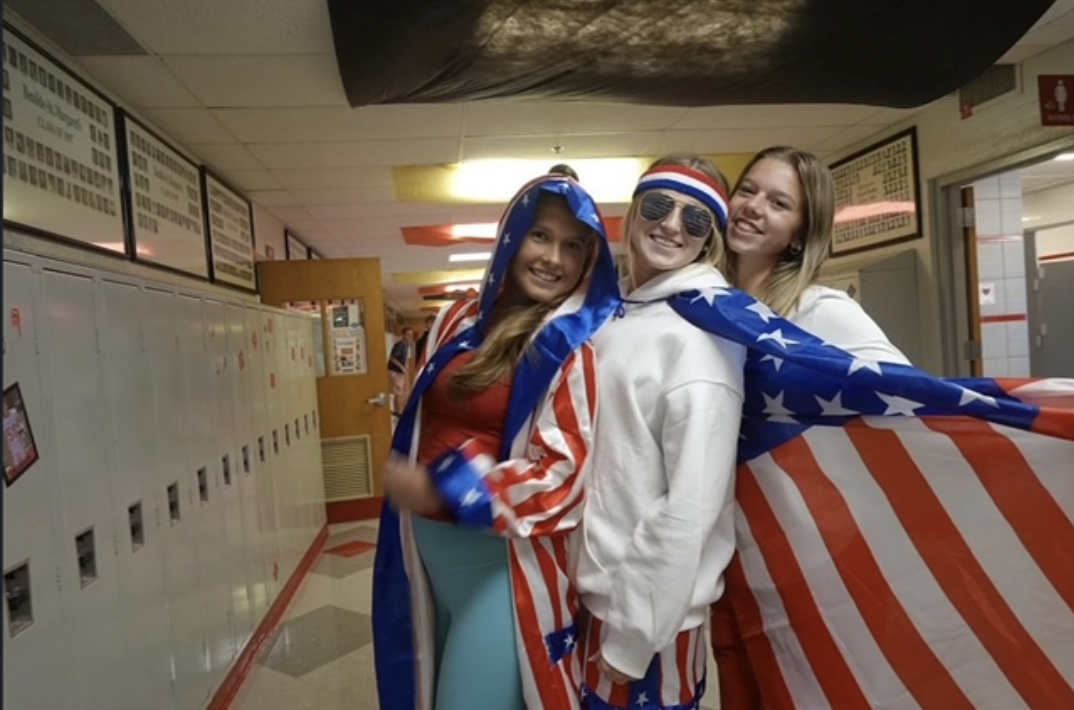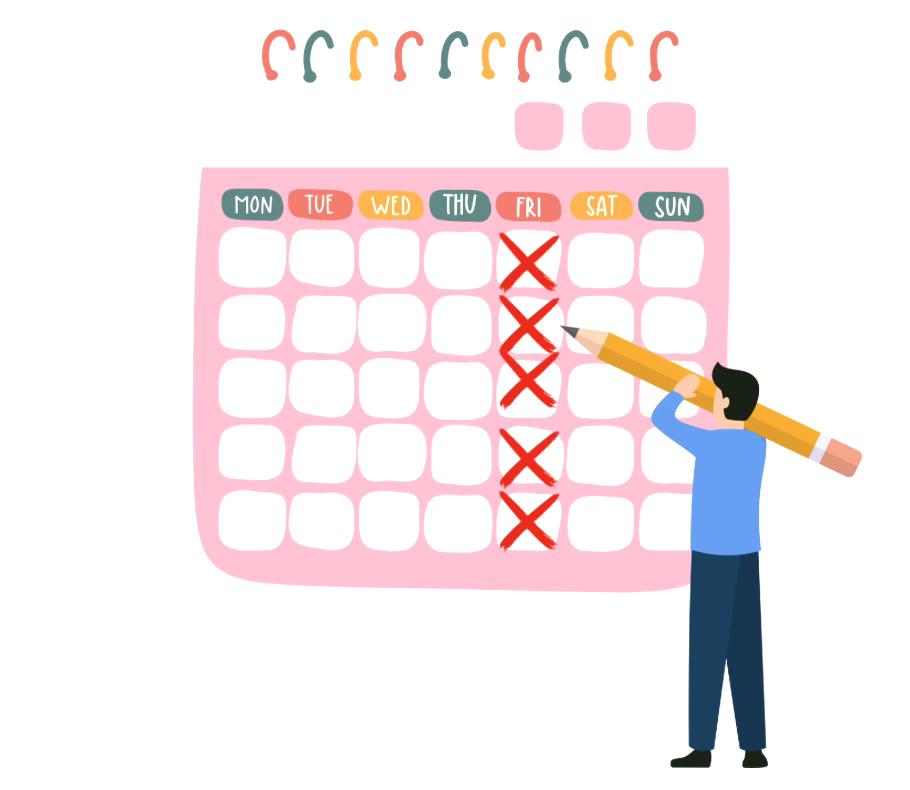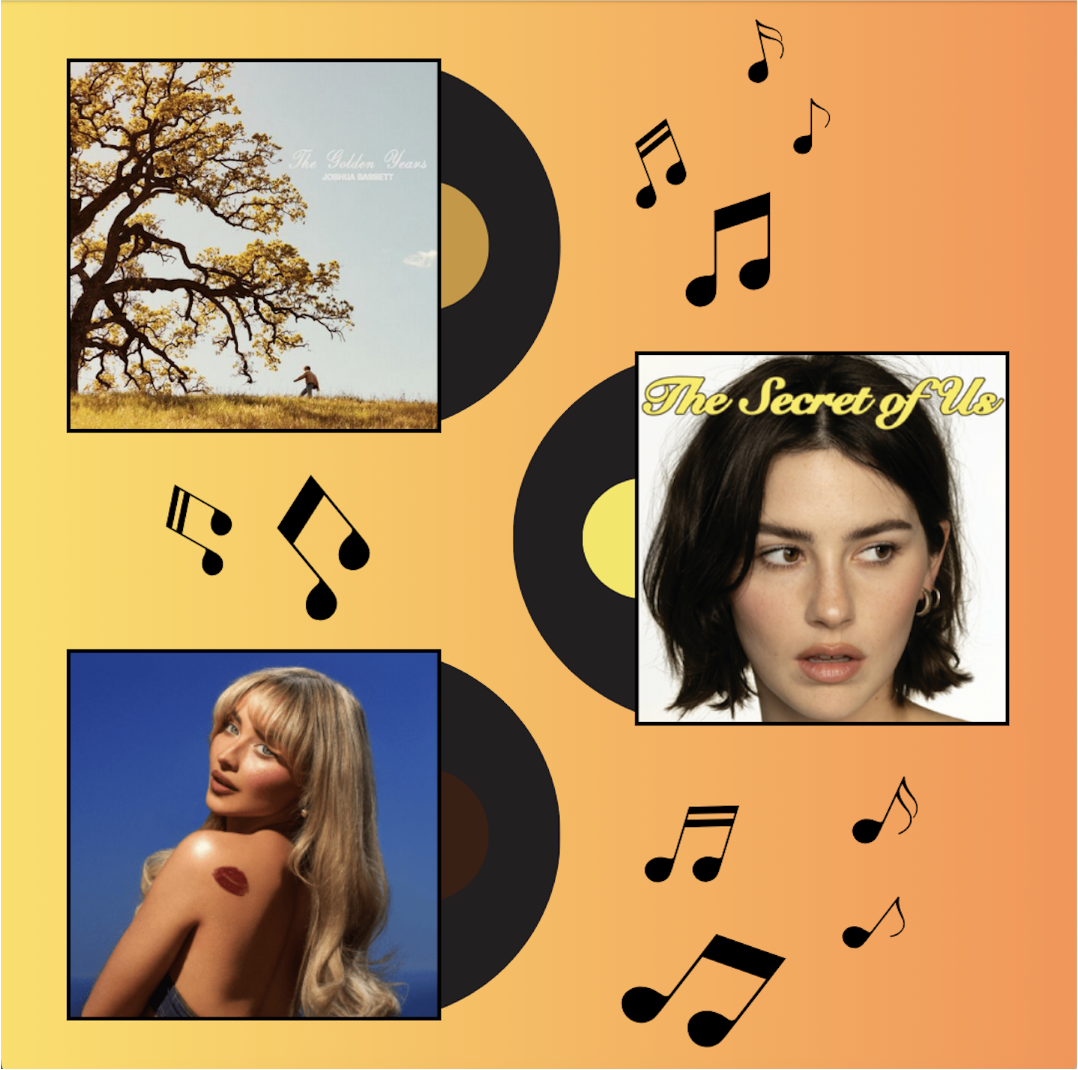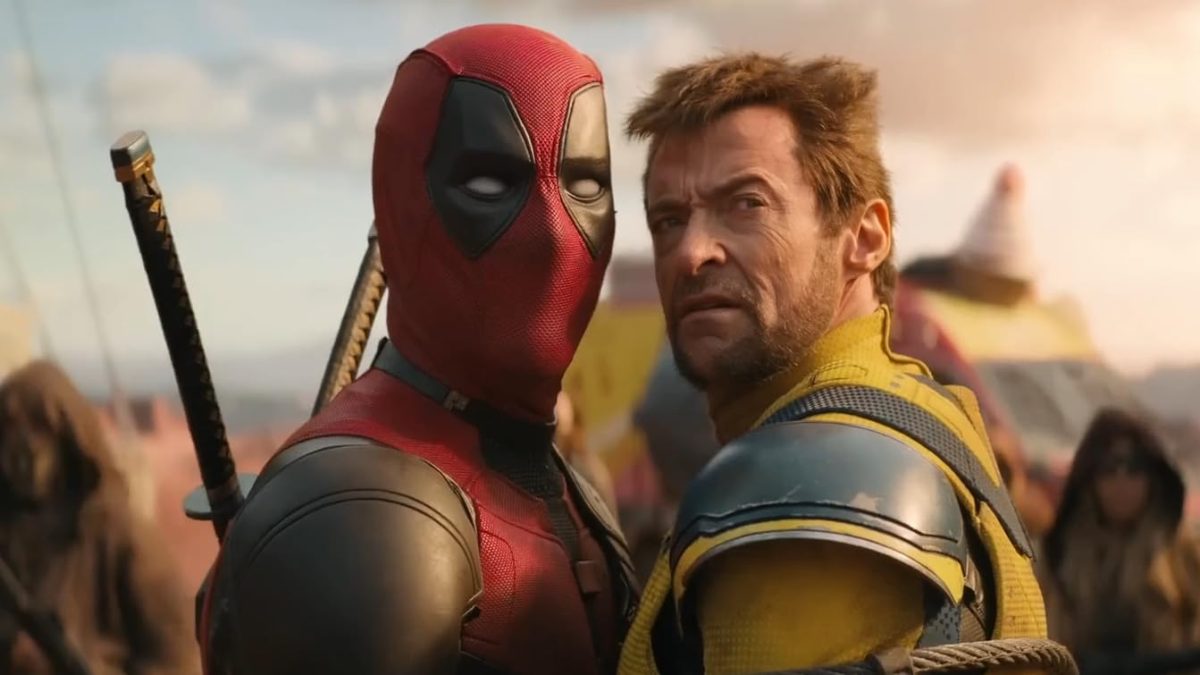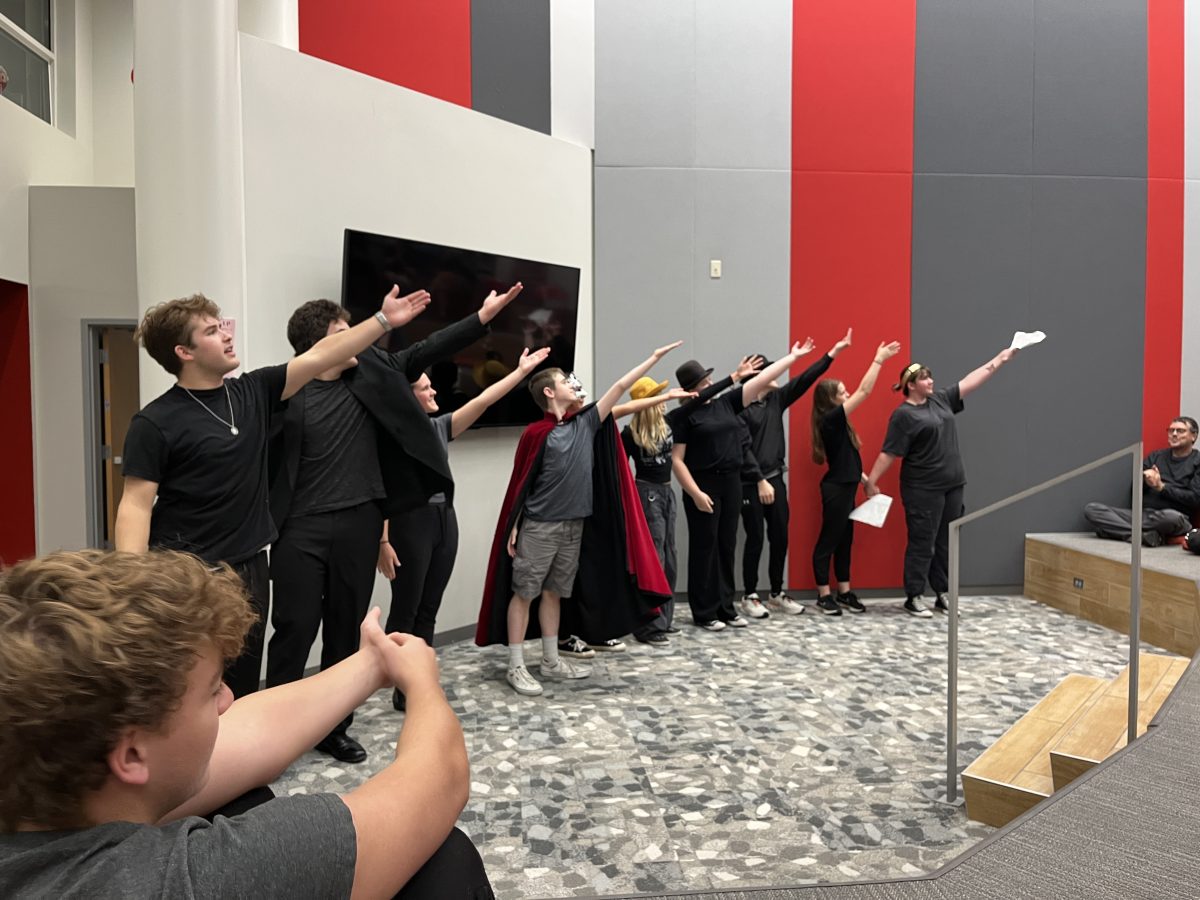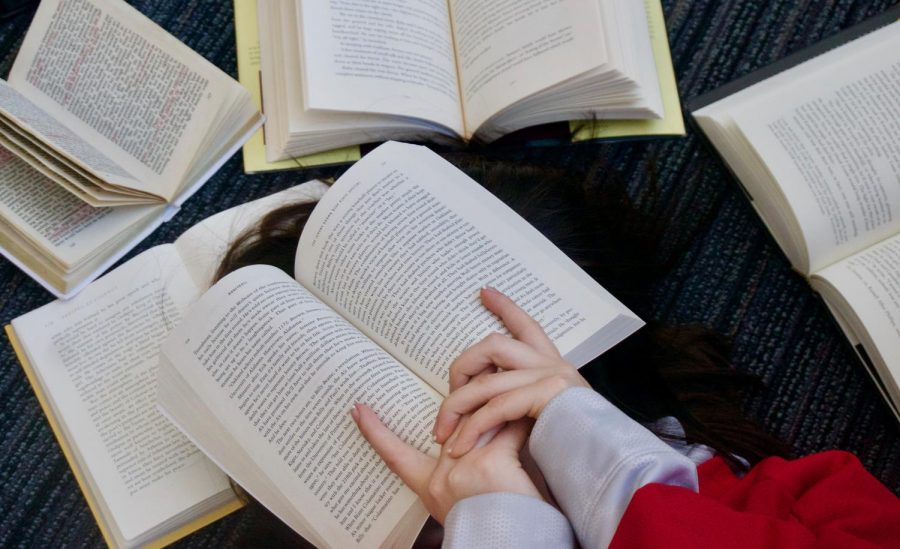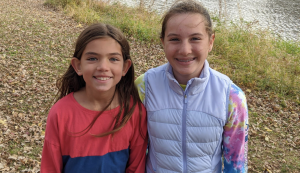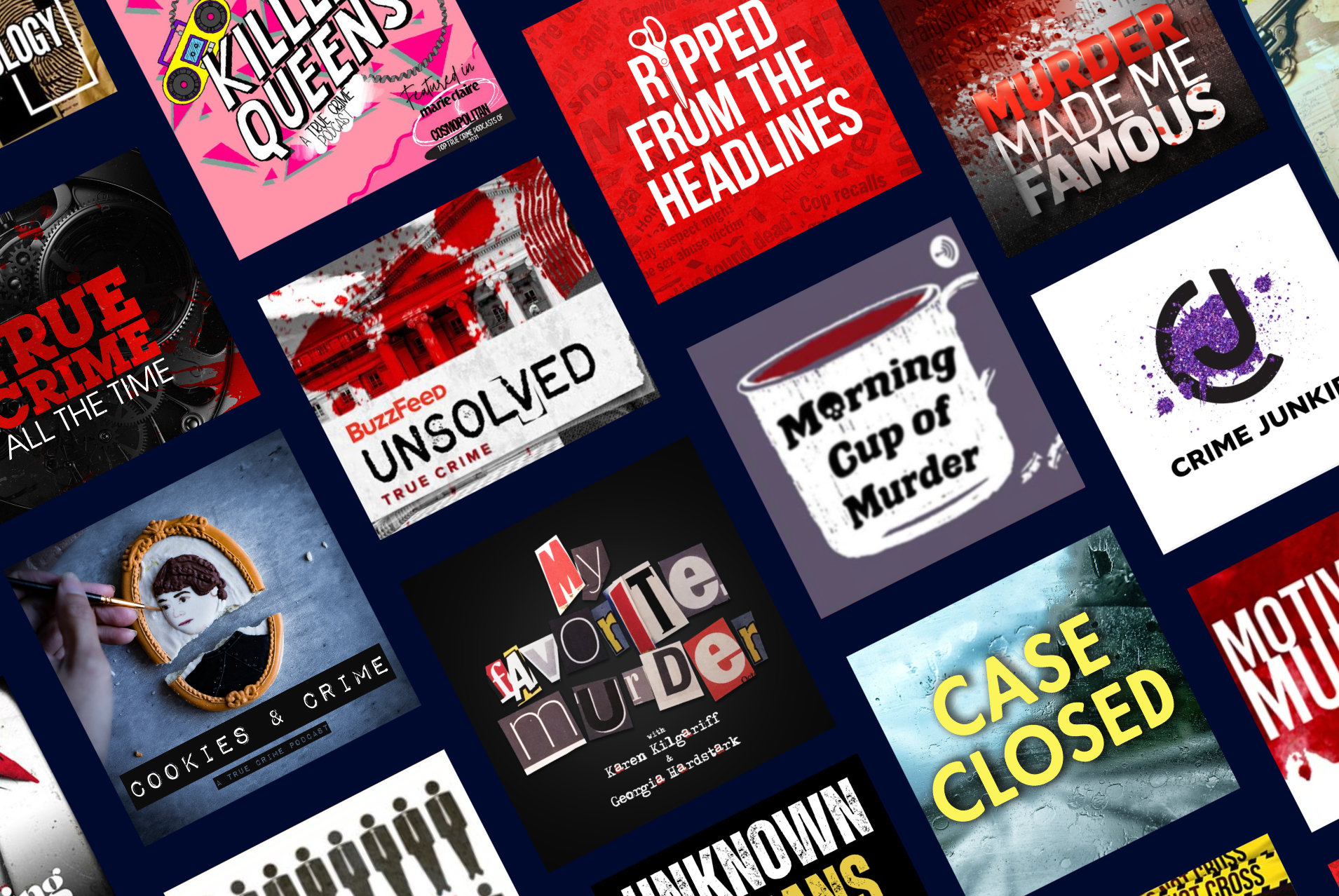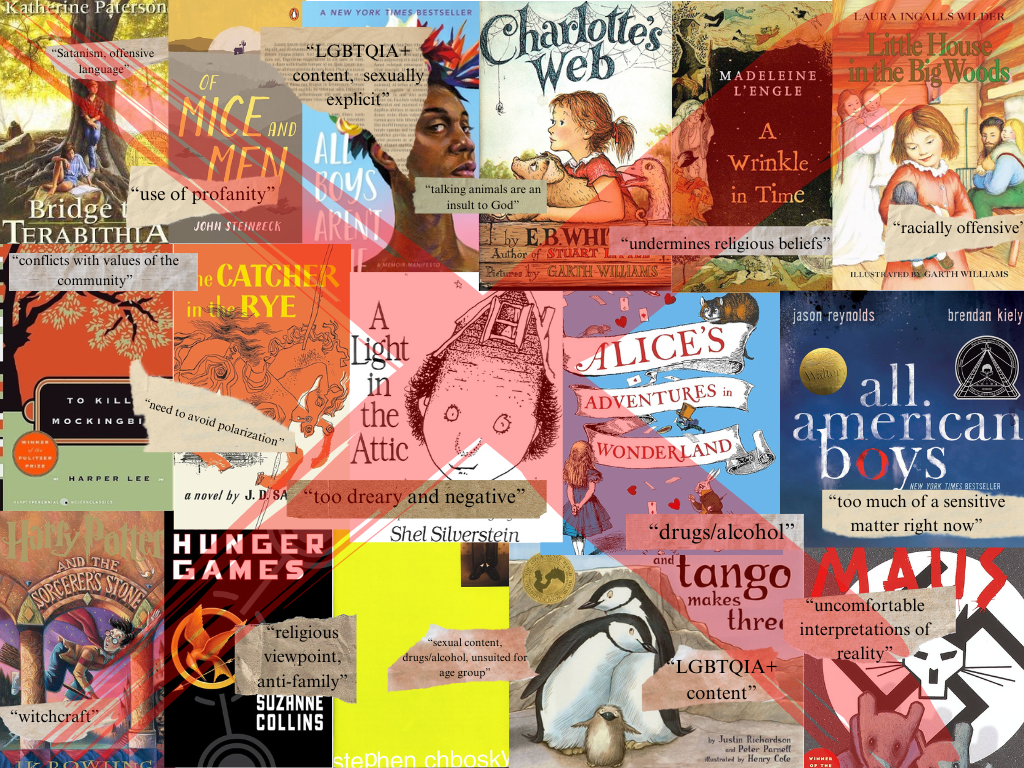Five books all high school students should read
Staff writer John Beutz says these are the five must-reads for all high school students.
February 5, 2018
As students enrolled in a college preparatory education at one of our brain’s most critical points in development, we have tremendous opportunities to grow intellectually throughout the next few years of our lives. As a graduating senior this year, I regret that in my high school experience I largely overlooked perhaps the greatest means with which we learn: books. Throughout the next year, I will be working desperately to compensate for my past indifference, studying the books that I find most noteworthy and enticing.
Here are the books I’m reading and why you should read them as well:
Victor Hugo- “Les Miserables”
Set in the context of France’s Revolutionary period, “Les Miserables” follows Jean Valjean, an escaped prisoner of the galleys, as he pursues an inner sense of reconciliation for his past crimes. Jean must not only overcome his own internal conflict as he wrestles with the morality of his past actions, but also external conflict created by the prejudice and austerity of his surrounding French society. If you’re comfortable with its gigantic length, Jean’s powerful struggle to find peace in the midst of a severe and revolutionary time period, complimented by Hugo’s poetic command of language, makes this a worthy read.
Adam Smith- “The Wealth of Nations”
Are you interested in economics? Are you a pretentious history nut? Would you die a martyr for your immense love of capitalism and free trade? If you answered “yes” to any of these questions, this book is exactly what you need in your life right now. In “The Wealth of Nations”, Adam Smith analyzes the cause of a nation’s economic prosperity, ultimately forming an argument against the use of government to resolve economic problems. The book is worth a read not only because of its impact and legacy, but also for the insight it provides on how to evaluate economic issues.
Fyodor Dostoevsky- “The Brothers Karamazov”
For those absorbed by ethical and theistic issues, “The Brothers Karamazov” is a must read. Set in the sharp, oscillating metaphysical conflict of 19th century Russia, it primarily follows two brothers, Ivan and Dmitri, who personify the opposing ideologies of the time: secularism and theism. As the two brothers observe a rapidly changing Russian society, they are provoked to think deeply and skeptically about their world views, providing a close, meaningful look at religious issues along the way.
Alexander Hamilton, James Madison, and John Jay- “The Federalist Papers”
I’m lucky to live in the United States. You’re lucky to live in the United States. We’re all lucky to live in the United States. Why? Because when as founding fathers drafted our nation’s Constitution, they put great thought into creating a system in which we would not only be free of governmental tyranny, but also capable of bringing about meaningful change through civic action. “The Federalist Papers” is an important read because it gives us a precise look at the reasoning process that resulted in the laws and freedoms we hold today.
Oscar Wilde- “The Poems of Oscar Wilde”
There are few things more appealing to me than a succinct yet powerful sentence or phrase. Acclaimed for his sharp wit, Oscar Wilde is the master of saying a lot with a little. This collection, “The Poems of Oscar Wilde”, spans all of Wilde’s best work. Writing seemingly for his own pleasure and satisfaction, Wilde maintains a uniquely audacious and comical tone throughout all of his work. I recommend the works of Oscar Wilde because of the unique and delightful feeling that comes from even a single one of his sentences.

